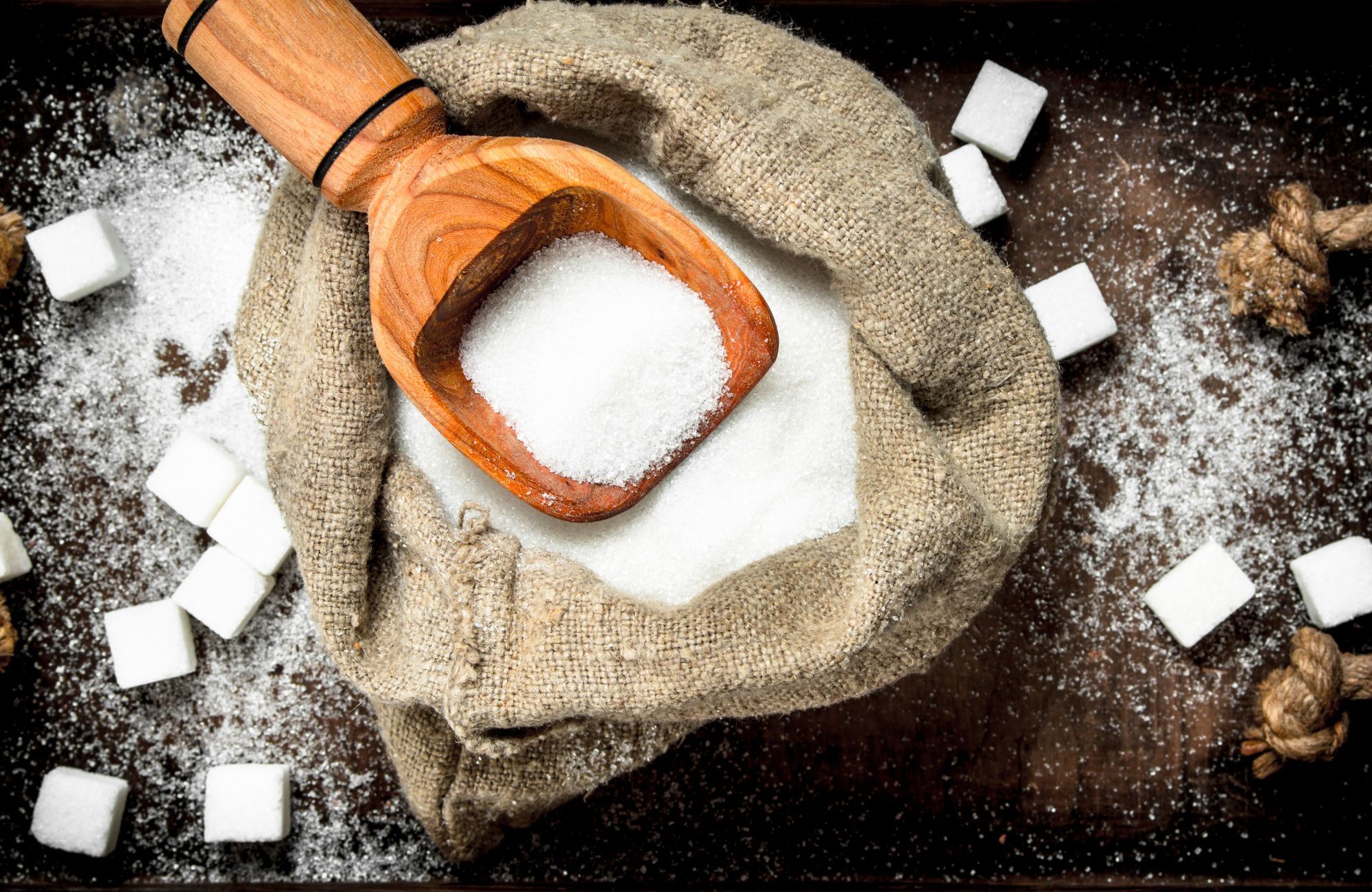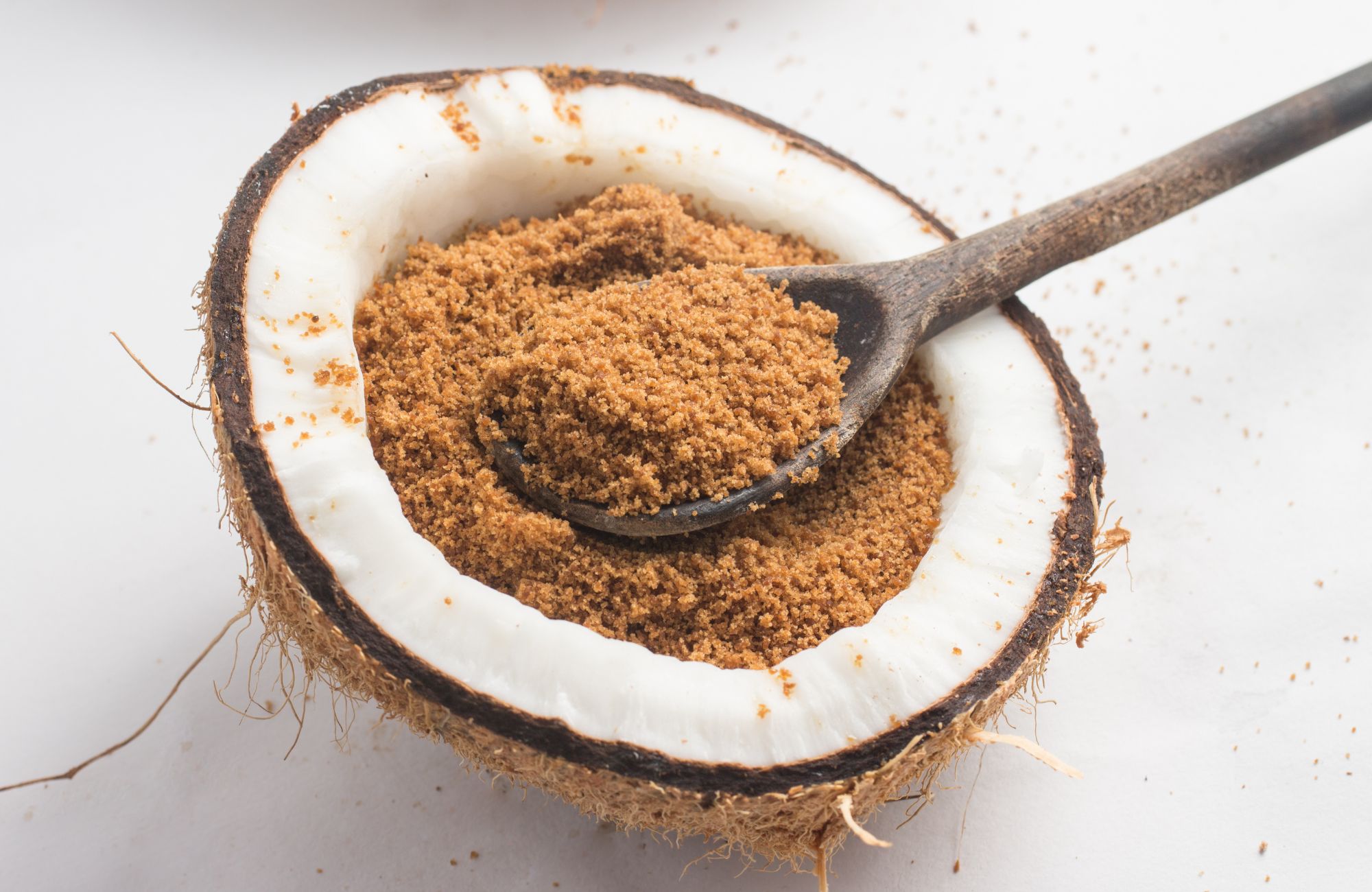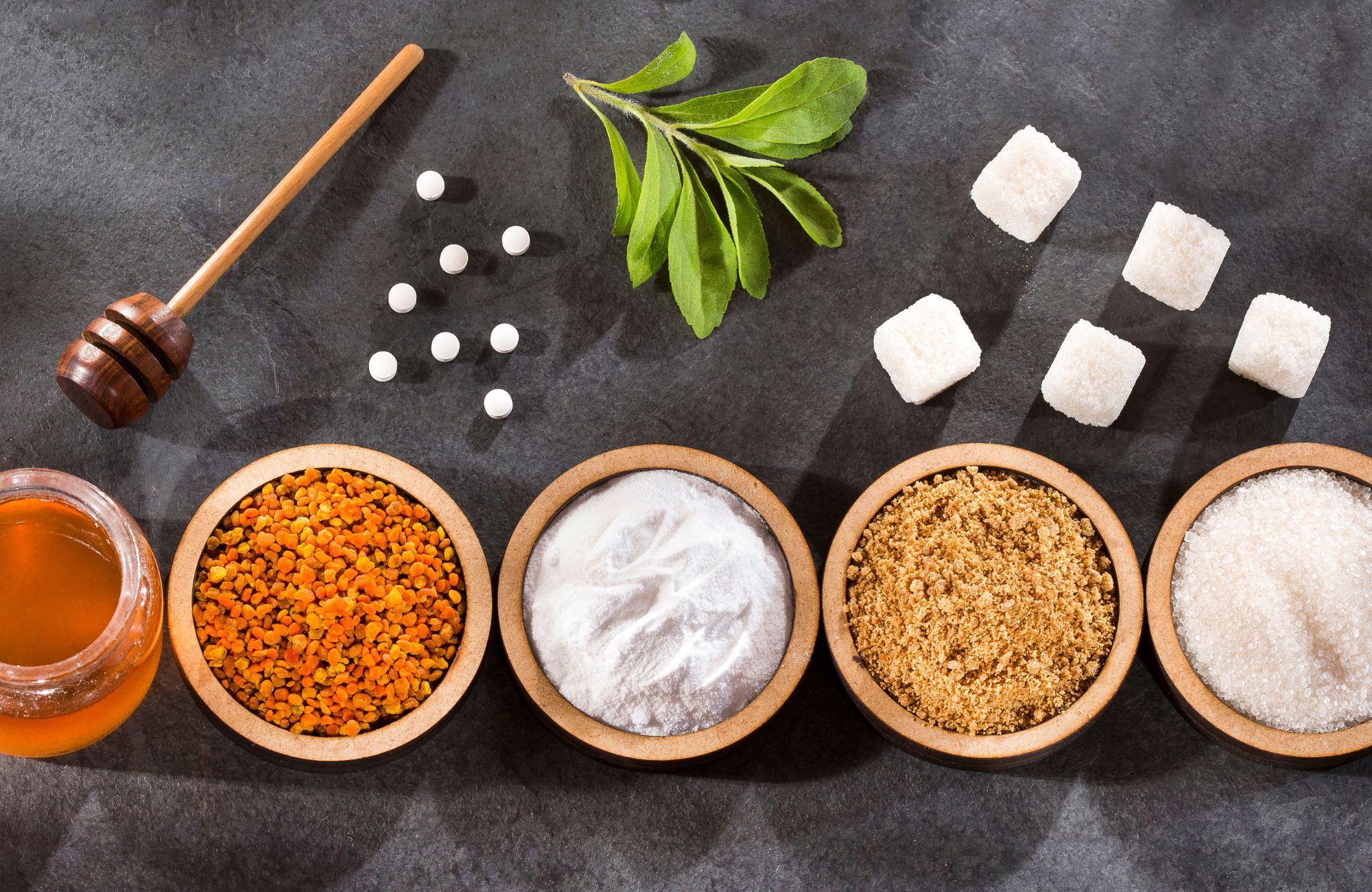
Does Sucralose Break a Fast? Understanding Its Impact on Fasting
Does sucralose break a fast? This common question arises among those practicing intermittent fasting, as people seek to maintain the benefits of fasting while managing their cravings. In this article, we will explore the biochemical impact of sucralose on metabolism, its role in different fasting methods, and how it compares to other artificial sweeteners. By understanding these key aspects, you can make informed choices that align with your health goals. Learn practical tips to incorporate sucralose effectively in your fasting routine while avoiding potential setbacks. Let’s dive into the question: Does Sucralose Break a Fast?
Does Sucralose Break a Fast?
Sucralose is a non-nutritive sweetener often used in various products. It contains no calories and does not contribute any grams of carbohydrate or protein, making it a popular choice for those observing fasting protocols.
Research indicates that sucralose does not trigger an insulin response, which is crucial for maintaining a fasted state. This suggests that its consumption is unlikely to affect the body’s ability to burn fat and may not alter liver function during fasting periods.
Some individuals worry that the sweet taste of sucralose could trigger cravings or lead to overeating later. This reaction varies from person to person and can depend on their dietary habits and metabolic reactions to sweet substances.
Anyone interested in incorporating sucralose into their fasting regimen should consider their unique responses. Monitoring reactions may provide better insight into whether sucralose fits into their fasting goals effectively.
The Biochemical Impact of Sucralose on Metabolism
Sucralose, a sweetener derived from sugar, has implications for insulin levels and blood sugar response. While it contains chlorine and glycerol in its structure, studies indicate that it does not affect insulin secretion, unlike other sweeteners such as saccharin. This subsection will analyze its metabolic effects and the response during meals, helping readers understand how sucralose fits into their fasting strategies.
How Sucralose Affects Insulin Levels
Sucralose does not stimulate insulin release in the body, which sets it apart from many sweeteners that can cause blood sugar fluctuations. This unique property makes sucralose a favorable option for those managing their weight while following fasting practices. While some products containing sucralose may also include ingredients like maltodextrin, individuals should be aware that such additives can impact insulin response, potentially undermining fasting benefits.
Compared to steviol glycoside, another popular sweetener derived from the stevia plant, sucralose remains low on the glycemic index and has minimal effects on energy levels. For those looking to flavor water or lemon-based drinks without breaking a fast, sucralose provides a calorie-free alternative. Its ability to maintain stable insulin levels can help individuals adhere to their fasting schedules while enjoying a sweet taste without compromising their goals.
Effects on Blood Sugar Response
Sucralose has a negligible effect on blood sugar levels, primarily due to its low glycemic index. Unlike certain carbohydrates, this food additive does not elicit significant fluctuations in glucose, making it an attractive option for those maintaining a healthy diet or managing diabetes. When used in beverages like tea or flavored water, sucralose allows individuals to enjoy sweetness without compromising their fasting goals or triggering unwanted insulin responses.
The use of sucralose in combination with other non-caloric sweeteners, such as monk fruit extract, can further benefit those looking to enhance flavor while keeping their blood sugar in check. By opting for these alternatives, individuals can create delicious drinks that support their fasting strategies and overall nutrition. Understanding how sucralose impacts blood sugar can empower those on a fasting regimen to make informed choices that align with their health objectives.
The Role of Sucralose in Different Fasting Methods
Does Sucralose Break a Fast?
Intermittent fasting and extended fasting approaches highlight unique considerations for using sucralose. While sucralose can be beneficial during intermittent fasting by supporting ketosis without disrupting nutrient intake, extended fasting calls for caution, particularly concerning additives like maltitol found in other products. Understanding these nuances can help individuals make informed choices when incorporating sucralose into beverages such as cider or flavored water.
Intermittent Fasting and Sucralose
When considering whether sucralose breaks a fast, particularly during intermittent fasting, it is essential to acknowledge its non-nutritive status. Many individuals appreciate its sweet taste without the calories or added sugar. Evidence shows that sucralose, unlike aspartame, does not alter insulin levels, making it a viable option for maintaining fasting benefits while still enjoying flavored beverages, such as tea or lemonade.
Furthermore, those adhering to intermittent fasting can take advantage of sucralose without disrupting their metabolic state. Its chemical structure allows it to provide sweetness without contributing energy, thus supporting fat-burning processes common in fasting protocols. This makes sucralose a suitable alternative for individuals who want to enjoy a sweet taste while avoiding the impacts of traditional sugar, which could sabotage their fasting efforts.
Extended Fasting Considerations
During extended fasting, individuals need to be cautious about the ingredients in their consumables. While sucralose itself poses minimal risk for breaking a fast, additives often found in flavored products, such as maltitol, can disrupt fasting benefits. For those with concerns about how sucralose may affect conditions like type 2 diabetes or cholesterol levels, it is prudent to monitor their body’s reactions and adjust accordingly.
In randomized controlled trials examining the metabolic impacts of sucralose, findings suggest it does not significantly alter insulin response, which is crucial during prolonged fasting. Some might opt for chewing gum sweetened with sucralose as a snack to curb cravings without disrupting their fast. However, each individual should evaluate how such products interact with their fasting protocols to ensure they align with personal health goals.
Sucralose Versus Other Artificial Sweeteners
Sucralose, as a non-nutritive sweetener, stands in contrast to alternatives like aspartame and erythritol. While aspartame contains phenylalanine, potentially affecting individuals with phenylketonuria, erythritol is often favored for its non-glycemic properties. This section will explore the health implications of these sweeteners, their effects on autophagy, and how they interact with gut bacteria, providing practical insights for those on fasting regimens.
Comparison With Aspartame and Stevia
When comparing sucralose to aspartame and stevia, it is essential to consider their respective effects on weight management during fasting. Sucralose offers a sweet flavor without calories, making it suitable for those following a ketogenic diet or engaging in fasting for weight loss. In contrast, aspartame can lead to concerns regarding metabolic reactions, while stevia is often regarded as a natural alternative that may have a different impact on insulin levels, making sucralose a more favorable option for maintaining metabolic stability during fasting.
The science behind these sweeteners reveals distinct differences in their interaction with the body. Research indicates that sucralose does not trigger an insulin response, which is critical for sustaining weight loss efforts through fasting. Aspartame can affect certain individuals negatively, particularly those sensitive to its components, whereas stevia is known for its potential health benefits. Understanding these nuances allows individuals to make informed choices that align with their fasting goals and overall health objectives.
Health Implications of Different Sweeteners
Different sweeteners can significantly impact health, particularly regarding insulin resistance and metabolic processes. For instance, sucralose provides a calorie-free option that does not affect insulin levels, making it a suitable sugar substitute for individuals aiming for longevity and effective weight management. In contrast, sweeteners like aspartame may pose risks for some by potentially contributing to insulin resistance, which can hinder weight loss efforts and lead to other health complications.
The choice of sweetener also influences gut health. Sweeteners such as stevia have garnered attention for their potential benefits on the gastrointestinal tract, promoting a balanced microbiome. On the other hand, excessive consumption of certain artificial sweeteners can disturb gut flora, leading to digestive issues and impacting overall mass. Understanding how these sugar substitutes interact with the body is essential for optimizing health, especially for those practicing intermittent fasting or managing dietary restrictions.
User Experiences and Studies on Sucralose and Fasting
This section examines user experiences alongside scientific research to clarify how sucralose as an ingredient impacts fasting. Personal accounts reveal varied responses, while studies assess its influence on glucose levels and the immune system. Insights gathered from both perspectives will help individuals make informed decisions regarding sucralose consumption during fasting protocols.
Summary of Personal Accounts
Many individuals have shared their experiences with sucralose, particularly regarding its impact on their fasting routines. Some report using sucralose in their recipes, such as beverages that include flavors like apple cider, to enhance taste without compromising their fasting goals. These accounts highlight the versatility of sucralose, which helps them adhere to their targets while enjoying a sweet flavor profile that does not trigger calorie intake or insulin response.
User feedback often mentions the combination of sucralose with other non-nutritive sweeteners, such as acesulfame potassium, to create enjoyable drinks without calories. Several have noted positive health benefits, including weight management and easier fasting, when they utilized sucralose instead of sugar. These personal experiences underline the potential for sucralose to support fasting practices, making it a favorable choice in various recipes and lifestyle adjustments.
Examination of Scientific Research
Scientific studies indicate that sucralose, commonly known by its brand name Splenda, does not significantly impact insulin levels, making it an appealing choice for those who wish to maintain their fasting state. Research has demonstrated that sweeteners like sucralose do not elicit an insulin response, allowing individuals to incorporate it into their diets without disrupting the metabolic processes associated with fasting. This finding supports the use of sucralose in various beverages, including diet soda, which can enhance flavor without compromising the benefits of fasting.
Furthermore, investigations show that sucralose does not affect blood sugar levels, affirming its position as a suitable sweetener during fasting protocols. Those who consume beverages flavored with sucralose, such as mixtures that include apple cider vinegar, benefit from the sweet taste while keeping their caloric intake low. This evidence empowers individuals to make informed choices regarding their fasting practices, ensuring they can enjoy flavorful options without concern over breaking their fast.
Practical Tips for Using Sucralose While Fasting
Recommended usage guidelines for sucralose during fasting can enhance nutrition without disrupting the metabolic state. Consideration of alternatives provides further options for flavoring meals while maintaining energy levels. This section will detail specific suggestions for incorporating sucralose in cooking, alongside other viable sweeteners, ensuring individuals can make informed choices that align with their fasting and health goals.
Recommended Usage Guidelines
For those looking to incorporate sucralose into their fasting routine, using it in beverages such as herbal tea is an effective strategy. Since sucralose mimics the sweetness of sucrose without adding calories, it enhances the flavor of drinks while ensuring that fasts remain intact. Many individuals appreciate adding sucralose to their tea, allowing them to enjoy the experience without compromising their dietary goals.
When considering alternatives to traditional sugars or sugar alcohols, sucralose stands out as a suitable option, especially for individuals seeking to maintain or achieve a state of ketosis. By adding it to drinks like flavored water or lemon beverages, users can create satisfying options that align with their fasting practices, all while keeping their caloric intake low. This approach helps those managing their weight and maintaining blood sugar levels during fasting periods.
Alternatives to Consider During Fasting
For those seeking alternatives during fasting, semaglutide may provide a beneficial option. This medication, known for its weight management properties, can contribute to the feeling of fullness, potentially reducing the desire for sweetness and unnecessary snacking. By incorporating semaglutide, individuals can navigate their fasting regimen while managing cravings effectively.
Another alternative worth considering is using natural sweeteners like maple syrup in moderation. Although it does contain calories, a small amount can offer a unique taste experience without overwhelming sweetness. This can be particularly useful for those who focus on gut microbiota health, as certain natural sweeteners may positively influence gut flora while supporting overall wellness during fasting periods.
US Sweetners Sells Sucralose in Bulk
Conclusion: Does Sucralose Break a Fast
Understanding the impact of sucralose on fasting is essential for those looking to maintain their fasting protocols without affecting insulin levels or metabolic processes. This non-nutritive sweetener provides a calorie-free way to enjoy sweetness without disrupting ketosis or promoting cravings. Individuals should consider their unique responses to sucralose while monitoring any potential interactions with other ingredients. Ultimately, making informed choices about incorporating sucralose can enhance the fasting experience and support health objectives effectively.



Leave a Reply